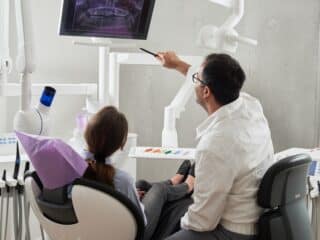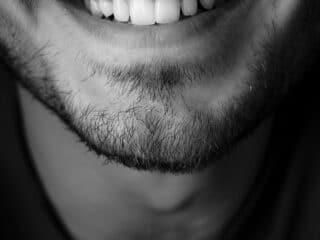 Traveling is exciting, but it can also throw off your routine, including your dental care. Whether you’re jet-setting for work or exploring new destinations for leisure, keeping your smile bright and healthy on the go is crucial. Let’s dive into the essentials of dental care for frequent travelers and ensure your teeth stay in top shape no matter where you are.
Traveling is exciting, but it can also throw off your routine, including your dental care. Whether you’re jet-setting for work or exploring new destinations for leisure, keeping your smile bright and healthy on the go is crucial. Let’s dive into the essentials of dental care for frequent travelers and ensure your teeth stay in top shape no matter where you are.
Pre-Travel Dental Preparations
Schedule a Dental Checkup
Before you hit the road, schedule a dental checkup with your dentist in Issaquah, WA. This preventive step can help catch potential issues before they become problematic. Your dentist can also provide personalized advice and treatments, such as fluoride applications or sealants, to protect your teeth during your travels.
Pack a Dental Care Kit
A well-stocked dental care kit is a travel must-have. Ensuring you have all the necessary tools can help maintain your oral hygiene routine even when you’re away from home.
Toothbrush and Toothpaste
Opt for a travel-sized toothbrush and toothpaste. Electric toothbrushes with compact designs are also a great choice for maintaining your oral hygiene routine effectively.
Dental Floss and Mouthwash
Don’t forget to pack dental floss and a small bottle of mouthwash. These essentials help remove food particles and reduce bacteria buildup.
Portable Water Flosser
A portable water flosser can be a game-changer for maintaining oral hygiene, especially if you’re wearing braces or have other dental appliances. Its compact size makes it easy to carry in your travel bag.
Sugar-Free Gum and Mints
Chewing sugar-free gum or sucking on mints can stimulate saliva production, which helps cleanse your mouth and neutralize acids. These are convenient to carry and can be a quick fix after meals when brushing isn’t possible.
Daily Dental Care Routine While Traveling
Brushing Techniques
Brush your teeth at least twice a day for two minutes each time. Use a fluoride toothpaste and ensure you cover all surfaces of your teeth. If you’re in a pinch, brushing with water is better than skipping it altogether.
Flossing on the Go
Flossing removes food particles and plaque from between your teeth where your toothbrush can’t reach. Use disposable floss picks if traditional floss is inconvenient. These are easy to carry and can be used quickly even during short breaks.
Rinsing with Mouthwash
Rinsing with an antibacterial mouthwash can help reduce plaque and prevent gum disease. It’s a quick and easy addition to your routine that pays off in maintaining oral health.
Staying Hydrated
Drinking water not only keeps you hydrated but also helps rinse away food particles and bacteria. Carry a water bottle with you and sip throughout the day to maintain good oral hygiene.
Handling Dental Emergencies
Finding a Local Dentist
Researching local dental services before you travel can save you a lot of stress. Many countries have directories of English-speaking dentists or emergency dental services. Having this information handy can be invaluable in an emergency.
Managing Toothaches and Sensitivity
If you experience a toothache or sensitivity, rinse your mouth with warm salt water and take over-the-counter pain relievers. Clove oil can also help numb the pain temporarily until you can see a dentist.
Dealing with Broken or Lost Teeth
In case of a broken or lost tooth, rinse your mouth with warm water and apply a cold compress to reduce swelling. Save any broken pieces and see a dentist as soon as possible. Prompt attention can often save the tooth or minimize damage.
Dental Care Tips for Different Types of Travel
Air Travel
Air travel can dry out your mouth, making it more susceptible to bacteria. Chew sugar-free gum, stay hydrated, and avoid sugary snacks during your flight to keep your mouth fresh and healthy.
Road Trips
Keep your dental care kit within reach and make time for brushing and flossing during rest stops. Pack healthy snacks like apples, carrots, and cheese to munch on. These snacks help keep your teeth clean and provide necessary nutrients.
Camping and Outdoor Adventures
Maintaining dental hygiene while camping can be challenging. Use bottled water for brushing and rinsing, and bring biodegradable wipes to clean your hands before touching your mouth. Consider using chewable toothbrushes for convenience.
Conclusion
Traveling doesn’t mean you have to compromise on your dental health. With a little planning and the right tools, you can keep your smile bright and healthy no matter where your adventures take you. Prioritize your oral hygiene, and you’ll thank yourself later!






